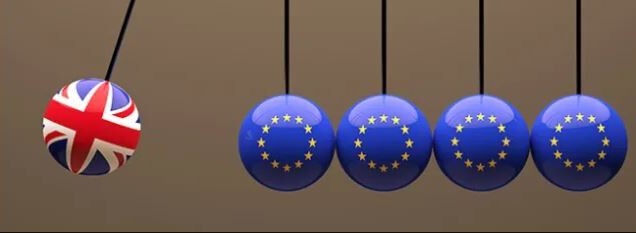Voting 344 to 286, the UK Parliament voted against Theresa May’s Brexit Withdrawal Agreement for the third time. With not much support from both the Labour Party and the Conservative, the deal was declined on what was meant to be the original Brexit day.
Where does Brexit go from here?
With no clear strategy in sight, the European Council President, Donald Tusk, called for an emergency EU summit on the 10th of April in the hope that the UK will attend with a clear way forward on Brexit – either a lengthy extension or a no-deal Brexit. The summit comes just two days before the extension deadline for Brexit.
From an Election to a No-Deal Brexit, the Future of Brexit Remains Unclear
All options are now back on the table, with some MPs calling for a second referendum, insinuations of a general election in the air, and the EU stating that a no-deal Brexit is now very possible. Despite this, the UK Parliament voted against a no-deal Brexit last Wednesday, along with a number of other amendments that were also rejected. As a result, Theresa May stated that the UK is now more likely to participate in the EU elections which will be held next month. This is not ideal for the EU, as concerns arise that anti-EU candidates will be elected into Parliament.
Deal or no Deal?
The deal seems to have met a dead-end, as Members of Parliament cannot decide on the border between Northern Ireland and the Republic of Ireland as well as whether to remain in a custom union with the EU. Alarm of remerging violence over the border is of major concern for individuals on both sides of the Brexit debate. Apprehension about the future of trade and commerce is also of major concern as the pound falls to its lowest in three weeks and businesses relocate to the EU to maintain passport rights and safeguard their position in the single market.


















